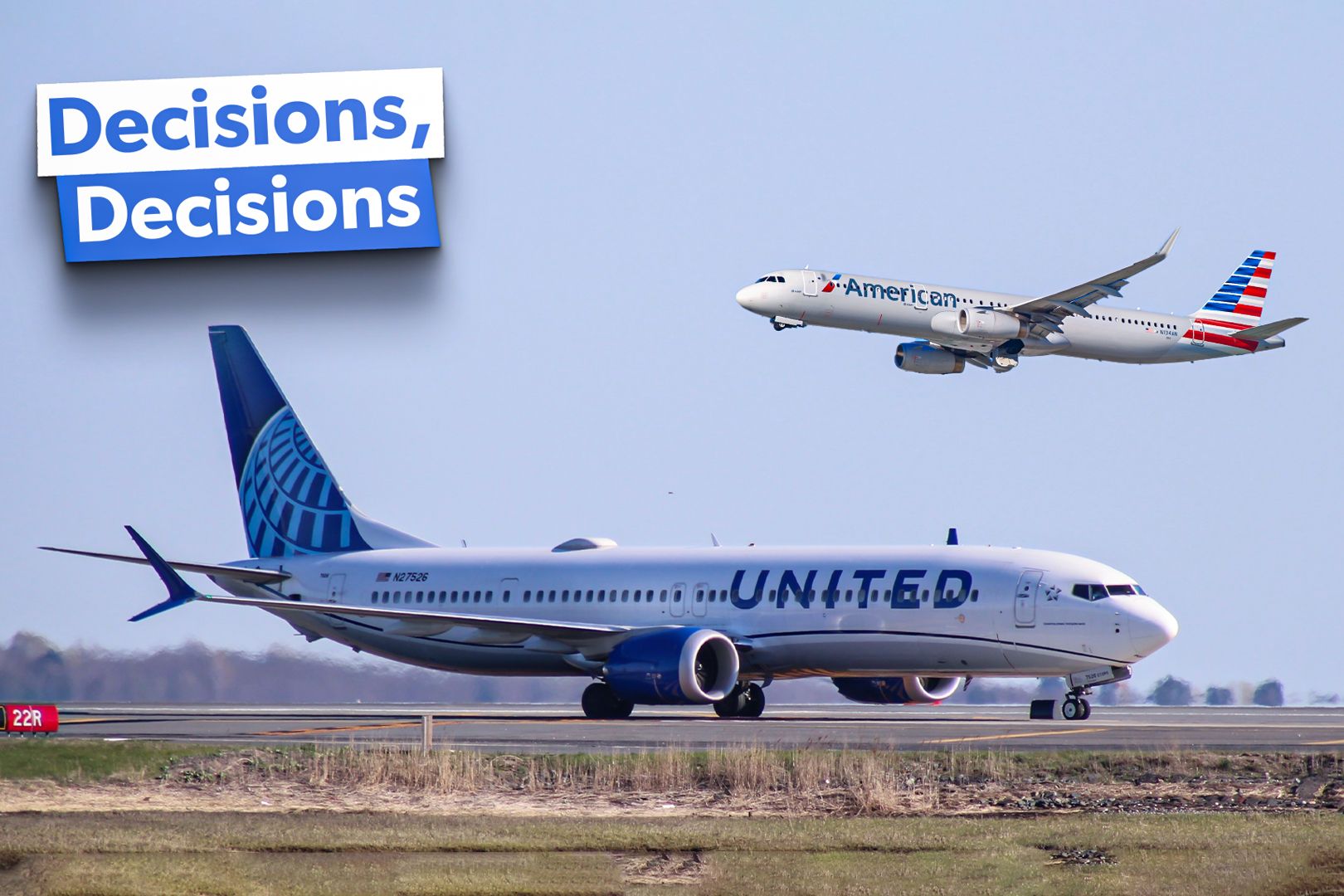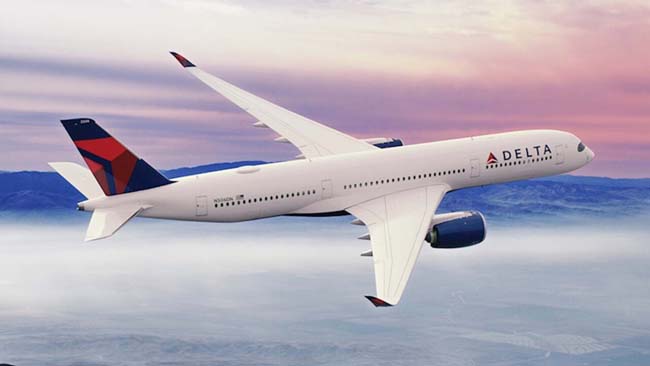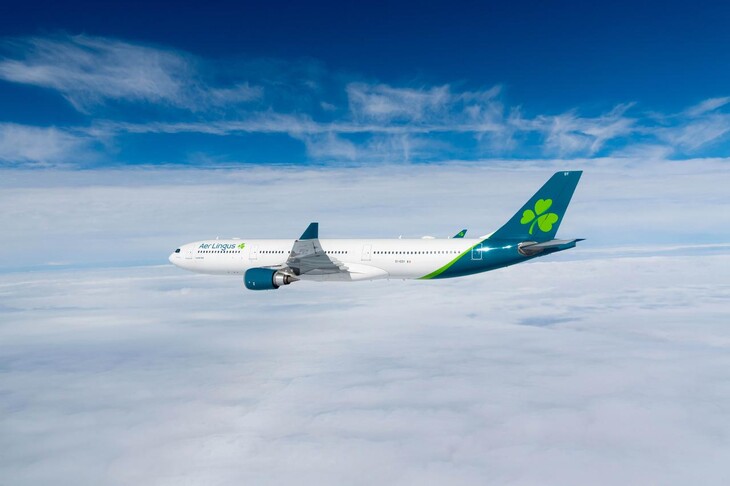Summary Boeing dominates the US domestic market with strong ASM numbers, especially with Southwest Airlines. Airbus gains ground with US carriers like American Airlines and Delta due to the A320 family's fuel efficiency. Factors such as cost, performance, fleet commonality, relationships, and passenger experience influence airline fleet decisions.
The rivalry between Airbus and Boeing, two of the most prominent aircraft manufacturers in the world, has shaped the landscape of commercial aviation for decades. Their competition extends across the globe but is especially fierce in the United States, where domestic airlines rely heavily on their aircraft to meet the needs of a large and dynamic market. Whether US domestic operators prefer Airbus or Boeing planes is complex and influenced by various factors, including cost, performance, fleet commonality, and strategic partnerships.

Let's explore the preferences of US domestic operators by analyzing recent data on Available Seat Miles (ASMs) operated by these airlines using Airbus and Boeing aircraft. The DOJ concluded its arguments that it had reached its limits on what it would prove about Boeing's fraudulent activities. Understanding Airbus and Boeing Before diving into the specifics of US domestic operators' preferences, it's essential to understand the background of Airbus and Boeing.
Boeing, an American company founded in 1916, has long been a dominant force in the aviation industry, with a strong legacy of iconic aircraft such as the 737 and the 747. Are you a Boeing or an Airbus person? Let us know in the comments below! On the other hand, Airbus, a European manufacturer established in 1970, quickly rose to prominence with innovative aircraft designs like the A320 and A380. Both companies have made significant contributions to commercial aviation , with their aircraft widely used by airlines across the globe.
ASMs are determining figures A key metric for understanding airline preferences is Available Seat Miles (ASMs), which represents the total number of seats available multiplied by the miles flown. It provides a clear picture of the scale at which airlines operate particular aircraft. Let's examine the ASM data for US domestic airlines operating Boeing and Airbus aircraft.
However, it's still a long cry from its results this time last year. Boeing ASMs The data shows that several major domestic operators heavily favor Boeing aircraft. The total ASMs operated by Boeing planes amounted to 41,651,761,457 across 269,791 flights.
Here's a breakdown according to Cirium, an aviation analytics company: Airline ASMs (in billions) Number of Flights Southwest Airlines (WN) 13.7 112,560 United Airlines (UA) 10.4 48,283 Delta Air Lines (DL) 6.
5 46,030 American Airlines (AA) 5.2 33,912 Alaska Airlines (AS) 5.1 21,584 Hawaiian Airlines (HA) 0.
178 4,575 Sun Country Airlines (SY) 0.294 1,425 Allegiant Air (XP) 0.174 1,422 This data highlights Boeing's strong presence, particularly with Southwest Airlines, which operates an all-Boeing fleet.
The 737 series, especially, forms the backbone of their domestic operations, underscoring the reliability and efficiency that Boeing offers for short- to medium-haul routes. Airbus ASMs Airbus, however, also enjoys significant support among US domestic operators. The total ASMs operated by Airbus aircraft reached 29,672,025,902 across 165,959 flights.
Here's a breakdown according to Cirrium, an aviation analytics company: Airline ASMs (in billions) Number of Flights American Airlines (AA) 7.8 46,819 Delta Air Lines (DL) 7.3 38,516 Spirit Airlines (NK) 3.
6 20,400 Frontier Airlines (F9) 3.0 17,561 United Airlines (UA) 1.9 15,948 JetBlue Airways (B6) 3.
2 15,489 Allegiant Air (G4) 1.0 6,882 Hawaiian Airlines (HA) 1.1 1,874 This data illustrates Airbus's strong foothold, particularly with Delta Air Lines, which, according to their website , operates a large fleet of A320 family aircraft.
Airbus's appeal lies in the fuel efficiency and passenger comfort of the A320neo, which airlines have increasingly favored to optimize their domestic operations. What influences an airline's decision? Several factors influence the choice between Airbus and Boeing aircraft for US domestic operators: Cost and Financing : The financial investment required to acquire new aircraft is substantial. Boeing has historically leveraged its deep ties with US airlines to offer competitive financing, though Airbus has increasingly matched these offers, making inroads into fleets that Boeing once dominated.
Aircraft Performance : The specific performance characteristics of each aircraft type also play a critical role. The 737 MAX and A320neo are direct competitors, offering significant fuel efficiency gains over their predecessors. Airlines choose based on slight differences in range, payload, and fuel burn, depending on their specific route needs.
Fleet Commonality : Airlines strive to minimize operational complexity by maintaining fleet commonality. For example, Southwest's exclusive use of the 737 simplifies pilot training, maintenance, and operations. Similarly, JetBlue's focus on the Airbus A320 family allows for streamlined operations.
Manufacturer Relationships : Long-standing relationships with manufacturers also influence fleet decisions. Airlines with a history of purchasing from Boeing or Airbus may continue to do so, benefiting from established support networks and maintenance programs. Passenger Experience : Increasingly, airlines consider passenger experience when choosing aircraft.
Airbus's A320neo is noted for its quiet cabin and wider seats, which enhance comfort on longer domestic flights, making it a popular choice for airlines like JetBlue that prioritize customer satisfaction. The DOJ concluded its arguments that it had reached its limits on what it would prove about Boeing's fraudulent activities. The current landscape According to Aviacion Online , Boeing remains dominant in the US domestic market, particularly with airlines like Southwest and United.
However, Airbus has made significant gains, particularly with American Airlines, Delta, and JetBlue, which have integrated large numbers of A320 family aircraft into their fleets. The competition between Airbus and Boeing is set to continue, with both manufacturers developing new technologies and aircraft models that promise greater efficiency and reduced environmental impact. The ongoing recovery from the pandemic may also influence future fleet decisions as airlines seek to optimize operations and reduce costs.
A while back, someone got a little curious about the landing gear on an Air India A320. If it's not Boeing, I'm not going ..
. or is it? In conclusion, the preference for Airbus or Boeing among US domestic operators is closely contested, with significant representation for both manufacturers in major airlines' fleets. Boeing holds a slight edge regarding total ASMs, reflecting its strong relationships with key US carriers and the enduring popularity of the 737 family.
However, Airbus's growing presence, particularly with the A320neo, demonstrates the European manufacturer's increasing influence in the US market. Ultimately, the choice between Airbus and Boeing is driven by a combination of financial, operational, and strategic considerations, with airlines weighing the benefits of each aircraft type based on their unique needs and market dynamics. As the aviation industry continues to evolve, the competition between these two giants will remain a defining feature of the US domestic market.
.



















